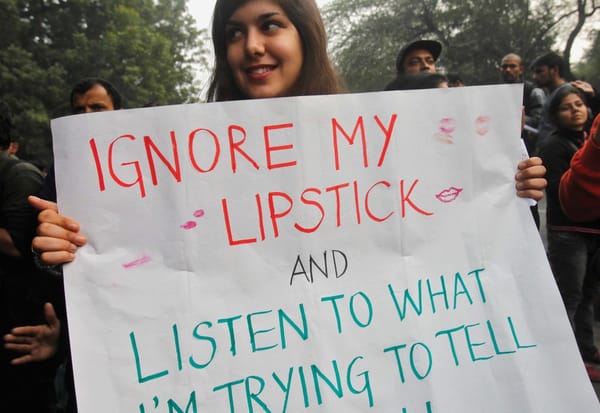Le Misérable
A story of tax increases, strong words, national identity and Russian passports. Not up for nominations at the Oscars

“GéGé” is the affectionate nickname of famous French actor Gérard Depardieu; but lately he hasn’t been the recipient of much affection. Instead, Depardieu has found himself at the centre of a debate that has taken place in countless nations since the financial crisis began; how great should the tax burden be, and how should it be shared? In practice, the question is narrowed down further, so that the narrative focuses on the highest earners in society and the disparity of the “1%” versus the 99.
In France, current centre-left President Francois Hollande brought the debate into the political sphere during his election campaign; his Parti Socialiste ran on a platform of equally split budget cuts, tax cuts and tax rises that included a so called 75% “Super Tax” on individuals earning over €1m. Though largely taken as a symbolic gesture for its expected revenue of €200m, the tax made Hollande’s political stance resolutely clear, but immediately attracted controversy.
The 75% rate constitutes the highest income tax of any nation in the world, followed up by Sweden’s 57% upper limit. Despite an overwhelming public support of 60%, however, many business groups accuse Hollande of driving away entrepreneurs and threatening the French recovery; if these arguments sound familiar, it’s because they’re almost identical to the debate over the 50% tax instigated at the end of the last Labour government, and now cut to 45% by the Coalition.
Shortly after Hollande’s announcement, many prominent wealthy citizens such as Jean Michel Jarre, Brigitte Bardot, and CEO of the luxury LVMH group Bernard Arnault admitted to considering or even taking steps towards expatriating. And, of course, Depardieu.
Why, then, does Gérard’s case make the headlines, even here in the United Kingdom? Because it has far greater symbolism than any of the others; Dépardieu was born the son of a poor metal worker, and left school at age 15; given his own upbringing, shouldn’t the issue of taxation and provision of public services be close to his heart?
Thus, when it emerged Dépardieu had purchased a mansion in the Belgian village of Néchin, it provoked outrage; Néchin is notorious for its community of wealthy French “frontalières”, who profit from the region’s lower taxation.
France’s Prime Minister, Jean-Jacques Ayrault, weighed in, declaring Dépardieu’s actions “pathetic”, and culture minister Audrey Filippetti accused the actor of “deserting the battlefield” in the country’s war against economic crisis. The story then took an amazingly bizarre turn, with Dépardieu writing an open letter to the Prime Minister declaring that he was “returning his passport”, and accepting an offer of Russian citizenship from Vladimir Putin himself.
Though for the moment it seems the story is on pause; the 75% tax is presently unworkable as it was rejected by the French constitutional courts on a technicality. However, the analysis of Dépardieu’s letter rumbles on. In it, he rejects accusations of shirking responsibility, claiming to have paid €145M in tax over his lifetime, and that he paid a total of 85% tax on his income last year. It seems that, in arriving at this 85% figure, Dépardieu is taking into account all the charges levied on incomes from his various business interests and the 75% rate; that this hasn’t yet been imposed, and indeed ignores other vast contributions to his fortune such as the recent sale of his Parisian hotel.
As Hollande has sworn to rework and pursue his 75% tax rate, the debate over tax in France looks set to continue, and indeed similar fights are playing out the world over. From America’s fiscal cliff negotiations to Britain’s recent debate over welfare reform, the crisis is forcing many nations to reassess the conditions that prevailed in the years of boom and lax regulation, and the political establishment will have to grind away at this issue for years to come.







